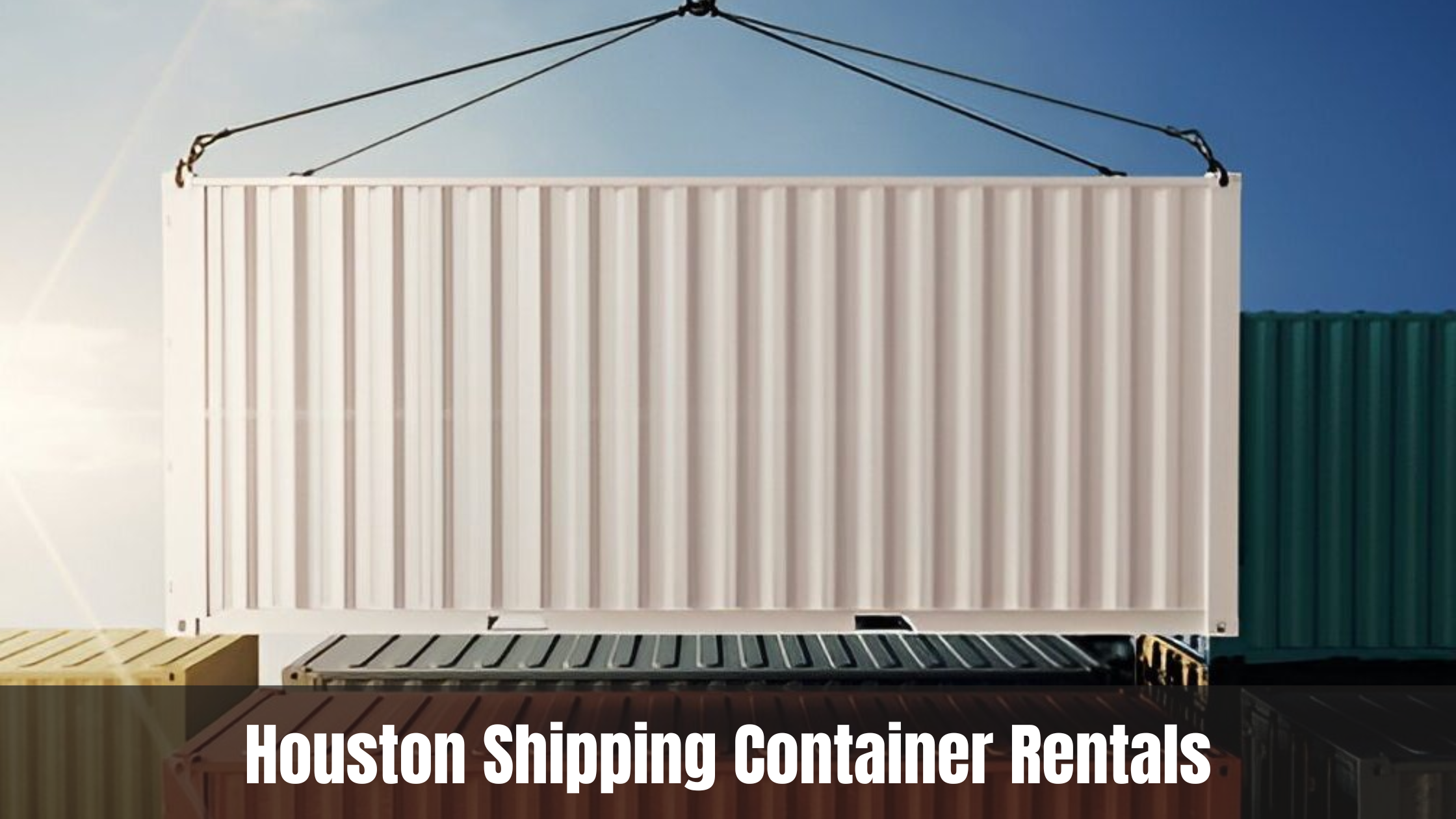Car leasing has become an increasingly popular alternative to traditional car loans, offering drivers the opportunity to enjoy newer vehicles with lower monthly lease payments. However, understanding the minimum credit score to lease a car remains one of the most crucial factors in securing favorable lease terms. Unlike purchasing a vehicle outright, leasing requires lenders to evaluate your creditworthiness differently, as they're essentially allowing you to use their asset for a predetermined period.
The credit score requirements for leasing can vary significantly depending on the lease company, car dealership, and the specific vehicle you're interested in. While some drivers with great credit can easily secure a new car lease with minimal down payment, those with poor credit may face challenges or need to consider alternative financing options. This comprehensive guide will walk you through everything you need to know about credit requirements, from understanding what lenders look for to improving your chances of approval regardless of your current financial situation.

Understanding Credit Scores for Car Leasing
Your credit report serves as a financial snapshot that lease companies use to assess risk. The major credit bureaus calculate your official credit score based on payment history, credit utilization, length of credit history, and other factors. For vehicle lease applications, lenders typically focus on your credit profile to determine not only approval but also the money factor (equivalent to interest rates in traditional loans) and required security deposit amounts.
The difference between leasing and buying credit requirements often surprises consumers. While car loan approvals might be more flexible with lower credit scores, leasing companies tend to be more stringent. This is because they maintain ownership of the vehicle throughout the lease agreement and need assurance that lessees will make on-time payments and return the vehicle in good condition.
Most industry experts agree that a higher credit score directly correlates with better lease offers and more favorable terms. However, even those with less-than-perfect credit can often find lease options, though they may require a larger down payment or face higher monthly payments. Understanding where your credit stands before visiting a car dealer can help set realistic expectations and improve your negotiating position.
| Aspect | Key Points |
|---|---|
| Credit Score Factors | Based on payment history, credit usage, and credit history length |
| Leasing vs Buying | Leasing requires higher credit; buying is more flexible |
| Lender Focus | Credit score affects approval, money factor, and deposit |
| High Score Benefits | Better lease offers, lower rates, and fewer upfront costs |
| Low Score Impact | May need higher down payment or face higher monthly payments |
| Pro Tip | Know your credit score before applying to set realistic expectations |
Minimum Credit Score Requirements by Category
Prime Credit (700+)
Drivers with strong credit scores of 700 and above represent the most desirable candidates for lease companies. These consumers typically qualify for the best available lease terms, including lower money factor rates, reduced or waived security deposits, and access to promotional offers on new models. A good credit score in this range opens doors to leasing virtually any new vehicle, from cheaper vehicles to luxury models.
Those with great credit often benefit from favorable lease terms that can include zero down payment options and lower monthly lease payments. Lease companies view these customers as lower risk, which translates to more competitive offers and greater flexibility in lease agreement terms. Additionally, prime credit customers may have access to special manufacturer incentives and end-of-lease options that aren't available to those with weaker credit profiles.
Near-Prime Credit (620-699)
The near-prime credit range represents the standard lease approval category where most consumers fall. While not qualifying for the absolute best rates, drivers in this credit score range can still secure reasonable lease agreements with moderate terms. The average credit score in this range typically results in standard money factor rates and manageable monthly payments.
Consumers with credit scores in this range may need to provide a modest down payment or security deposit, but they generally have access to a wide selection of vehicles. Lease companies consider these applicants as acceptable risks, though they may not qualify for special promotional rates or zero-down offers that prime credit customers enjoy.
Subprime Credit (580-619)
Those with low credit scores in the subprime range face more limited options but can still find lease opportunities. A bad credit score in this category often results in higher money factor rates, larger down payment requirements, and higher monthly payments. However, many car dealerships work with specialized lenders who cater to subprime customers.
Drivers in this credit range may need to consider used vehicles or certified pre-owned options rather than brand new models. The lease transfer market can also provide opportunities for those with subprime credit to take over existing leases from other consumers. Building consistent income documentation and having a stable employment history becomes particularly important for approval in this credit tier.
Deep Subprime Credit (Below 580)
Consumers with credit scores below 580 face the most significant challenges when seeking traditional lease approval. However, options still exist for those with weak credit or even ugly credit situations. Some dealerships specialize in working with customers who have experienced financial difficulties, bankruptcy, or other credit challenges.
Alternative lenders and special financing programs may be available, though they typically come with higher costs and stricter terms. These situations often require substantial down payments, co-signers, or other forms of additional security to offset the higher risk the lender perceives.
| Credit Tier | Score Range | Key Points |
|---|---|---|
| Prime Credit | 700+ | Best lease terms, low rates, zero down, access to promos and luxury models |
| Near-Prime Credit | 620–699 | Standard approval, moderate rates, possible down payment, wide vehicle access |
| Subprime Credit | 580–619 | Higher rates/payments, larger down payment, limited to used/CPO vehicles |
| Deep Subprime Credit | Below 580 | Most restrictions, high costs, may need co-signer, special financing options |
Factors Beyond Credit Score
While your credit score serves as the most important factor in lease approval, lenders evaluate several other aspects of your financial situation. Regular income and employment stability play crucial roles in the approval process. Lease companies want assurance that you have consistent income to make monthly payments throughout the lease term.
Your debt-to-income ratio affects approval chances even with a decent credit score. Lenders calculate how much of your monthly income goes toward existing debt payments, including student loans, credit card balances, and other obligations. A lower debt-to-income ratio strengthens your application and may result in better lease terms.
Employment history and job stability factor significantly into the approval equation. Lenders prefer applicants with steady employment records, as job changes or gaps in employment can indicate higher risk. Some lease companies may require proof of employment or income verification before finalizing lease agreements.
The size of your down payment can also impact approval and terms. A bigger down payment reduces the lender's risk and may help offset concerns about lower credit scores. Some consumers with marginal credit find that offering a larger down payment helps secure approval or improves their lease terms.
How to Improve Your Chances of Lease Approval
Several strategies can enhance your likelihood of lease approval regardless of your starting credit position. First, obtain your credit report from AnnualCreditReport.com to understand exactly what lenders will see. Look for errors or outdated information that might be negatively impacting your score.
Focus on making on-time payments for all existing obligations, as payment history represents the largest component of your credit score. Even a few months of consistent, timely payments can begin improving your credit profile. Pay down credit card balances to reduce credit utilization ratios, which can provide relatively quick score improvements.
Consider the timing of your lease application carefully. Avoid making multiple credit applications in a short period, as each hard inquiry can temporarily lower your score. If you're shopping for the best lease terms, try to complete all applications within a concentrated timeframe to minimize the impact on your credit.
Choose your target vehicle wisely based on your credit situation. Used cars or certified pre-owned vehicles may be easier to lease with lower credit scores. Some manufacturers offer special programs or incentives that can help those with less-than-perfect credit secure favorable lease terms.

Alternative Options for Low Credit Scores
When traditional leasing isn't available, several alternatives can help you get behind the wheel of a vehicle. Some car dealerships offer lease-to-own programs that combine elements of leasing and purchasing, potentially making approval easier for those with credit challenges.
Credit unions often provide more flexible lending criteria compared to traditional banks or captive finance companies. These member-owned institutions may offer personal loans for vehicle purchases or special auto lease programs with more accommodating credit requirements.
Consider working on building or rebuilding your credit before applying for a lease. This might involve securing a secured credit card, making consistent payments on existing accounts, or working with a credit counseling service to develop a credit improvement strategy.
Co-signers can significantly improve your chances of lease approval if you have family members or friends with strong credit willing to guarantee your lease payments. However, this arrangement carries risks for both parties and should be considered carefully.
What to Expect During the Lease Process
The lease application process typically begins with a credit check, which appears as a hard inquiry on your credit report. Be prepared to provide documentation including proof of income, employment verification, and personal references. The car dealership or lease company will evaluate your credit profile along with other factors to determine approval and terms.
Understanding lease terminology helps you navigate the process more effectively. The money factor represents the interest rate component of your lease, while the security deposit provides additional protection for the lender. Some leases may include gap insurance or other protection products that affect your total cost.
Review all lease agreement terms carefully before signing. Pay attention to mileage restrictions, wear and tear policies, and end-of-lease obligations. Understanding these terms upfront helps avoid surprises when your lease period concludes.
Tips for Getting the Best Lease Deal
Regardless of your credit score, several strategies can help you secure better lease terms. Research current manufacturer incentives and promotional offers that might apply to your situation. End of model years, first quarter sales pushes, and holiday promotions often provide opportunities for better deals.
Negotiate the vehicle's price before discussing lease terms, as the selling price affects your monthly payment calculations. Don't focus solely on monthly payment amounts – consider the total cost of the lease including down payment, fees, and end-of-lease charges.
Compare offers from multiple sources including manufacturer captive finance companies, banks, credit unions, and independent lease companies. Each may have different approval criteria and rate structures that could work in your favor.
Consider shorter lease terms if you have marginal credit, as lenders may be more comfortable with less exposure time. However, balance this against potentially higher monthly payments that come with shorter lease periods.
Frequently Asked Questions
Can someone lease with no credit history?
First-time car buyers or those with limited credit history may find leasing more challenging than those with established credit. However, some lenders offer programs specifically designed for credit beginners, often requiring co-signers or larger down payments.
What happens after bankruptcy or repossession?
Previous financial difficulties don't automatically disqualify you from leasing, but they typically require waiting periods and demonstration of improved financial stability. Most lenders want to see at least two years of positive payment history following major credit events.
How long should you wait after improving credit?
Credit improvements typically take several months to reflect fully in your score. Most experts recommend waiting at least 90 days after making significant positive changes before applying for new credit, allowing time for improvements to be reported and calculated.
Do different manufacturers have varying requirements?
Yes, each automotive finance market segment has different standards. Luxury brands often have stricter credit requirements, while mainstream manufacturers may offer more flexible programs to attract a broader customer base.
Conclusion
Understanding the minimum credit score to lease a car empowers consumers to make informed decisions about their transportation options. While prime credit scores of 700 and above provide access to the best lease terms, options exist across the credit spectrum for determined shoppers willing to do little research and potentially accept less favorable terms.
The key to successful car leasing lies in understanding your credit situation, shopping strategically, and being realistic about your options. Whether you're dealing with great credit, poor credit, or something in between, preparation and knowledge significantly improve your chances of finding a suitable lease arrangement.
Remember that leasing is a long-term financial commitment that should align with your budget and transportation needs. Take time to evaluate your financial situation, compare multiple offers, and read all lease terms carefully before making your final decision. With proper preparation and realistic expectations, most consumers can find lease options that meet their mobility needs while fitting within their financial constraints.




